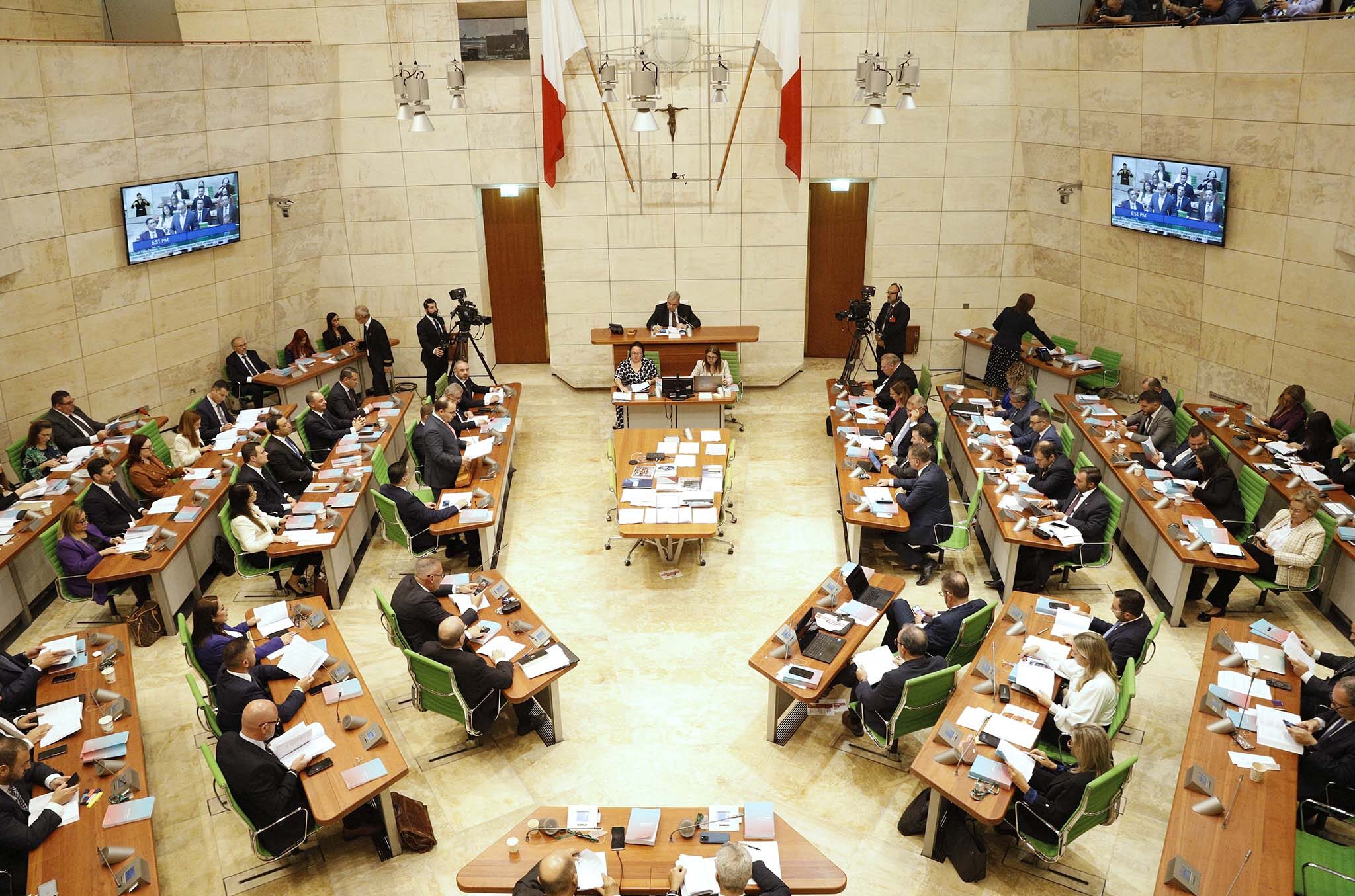Malta’s Budget for 2025 offers a well-intentioned approach to address immediate social and economic concerns, yet economists contacted by BusinessNow.mt argue that the Budget falls short on provisions for sustainable growth.
While tax cuts, increased social assistance, and support for pensions are seen as vital to stabilising domestic demand, these experts caution that the Budget’s focus on short-term measures may risk Malta’s long-term resilience and global competitiveness.
An unapologetic focus on social support, but are we risking Malta’s long-term resilience?
JP Fabri, Co-Founding Partner of Seed Consultancy, recognises the social emphasis as “unapologetically aimed at stabilising domestic demand.”

According to Mr Fabri, the Budget prioritises “increased disposable income and consumption, particularly for low-income families and pensioners.” He commends the focus on social security, noting its importance in the face of inflationary pressures and rising costs. However, he warns that these policies alone “may lack the necessary foundation for Malta’s longer-term economic resilience.”
“Redistribution is crucial, but it risks overshadowing essential structural reforms needed to enhance productivity,” Mr Fabri continues.
Productivity, he says, is a cornerstone for quality job creation and funding for public services: “Without improvements in productivity, any economic plan remains incomplete, especially as Malta’s productivity rates have been in decline.”
Mr Fabri emphasises the importance of shifting the focus from purely consumption-driven growth to one that strengthens Malta’s workforce and industries through targeted reforms.
Mr Fabri argues that although the Budget allocates substantial resources to education and healthcare, the reforms in these sectors may be insufficient.
“Investment in education, such as infrastructure and stipends, is a positive move, but without a curriculum reform that emphasises real-world skills, these measures won’t address the needs of Malta’s future workforce,” he says.
The focus on STEM resources is commendable, he adds, but the country must reduce early school leavers and align education with industry demands to remain competitive.
Healthcare investments, according to Mr Fabri, are also heavily skewed toward infrastructure, with an emphasis on acute care facilities rather than preventive health measures. “A shift toward preventive healthcare, especially targeting youth, could yield substantial savings and improve the population’s well-being over time,” he says. For Malta to adopt a more resilient health system, he advises that it must transition from reactive to preventive approaches.
Tax cuts and private pensions: missing the long-term picture?
Bank of Valletta Chairman Gordon Cordina, speaking in his professonal capacity as an economist, points to the tax cuts as both an indicator of the Government’s confidence in economic growth and a potential oversight in its longevity.

“The reduction in income taxes is a sign that Government can rely on existing and future economic growth to finance public expenditure,” he says. However, Dr Cordina notes that the allocation of these funds should be strategic to ensure sustainable growth: “The measure will lead to more growth, but it’s even more important that it directs beneficiaries to increase savings, ensuring that the economy remains sustainable in the future.”
Dr Cordina views the push for private pension funding as a promising step toward sustainability. He mentions the voluntary opt-out arrangement and the Government’s matching contributions to private pensions as measures that “should become an integral part of the reward packages for medium and high-income workers.”
He adds that these incentives are well-placed, but their long-term impact hinges on societal participation: “We need a society prepared to invest in long-term security, as short-term relief cannot sustain us indefinitely.”
Dr Cordina also calls attention to the environmental and traffic congestion costs borne by society, suggesting that environmental, social and governance (ESG) principles be applied more stringently: “In some cases, sectors overheating with growth could benefit from taxes or charges to ensure adherence to ESG standards.” He cautions that while regulatory measures might not provide a “win-win solution”, such sacrifices could contribute to longer term sustainability.
A persistent dependence on domestic demand
Gilmour Camilleri, Chief Economist at the Malta Fiscal Advisory Council, shares the view that the Budget reflects optimistic economic projections amidst a challenging international economic landscape.

“Malta’s economy has consistently defied global trends, with a growth rate of 7.5 per cent in 2023 compared to the EU’s average of just 0.4 per cent,” he observes.
The Government projects growth of 4.9 per cent in 2024 and 4.3 per cent in 2025, surpassing the EU’s forecast of one per cent and 1.6 per cent, respectively, he adds.
However, Mr Camilleri highlights that “domestic demand is once again expected to be the primary driver of economic growth.”
He expresses concerns over Malta’s limited productivity improvements, which he sees as a barrier to Malta’s competitiveness and capacity to capture export market shares: “Our economy’s current reliance on domestic demand over export-led growth poses risks, as it may inhibit Malta from adapting effectively to changes in the global market.”
Turning to Malta’s fiscal deficit, which is projected to exceed the three per cent GDP threshold under the Excessive Deficit Procedure (a mechanism designed to ensure that EU member states return to or maintain discipline in their Governments’ budgets), Mr Camilleri recommends caution. “Any higher-than-expected revenue should be channelled toward fiscal consolidation to build essential fiscal buffers,” he asserts.
Furthermore, he advocates for sustaining productive capital expenditures that promote medium to long-term growth: “Curtailing these could be detrimental to Malta’s future economic stability.”
Looking ahead: a balance between immediate and long-term goals
In their collective assessments, these economists suggest that while Malta’s 2025 Budget addresses urgent needs, it falls short on establishing the groundwork for a resilient, forward-looking economy. “As Malta looks to Vision 2050,” Mr Fabri concludes, “a cohesive fiscal strategy that includes long-term goals will be essential for Malta’s international competitiveness and economic resilience.”
Dr Cordina echoes this sentiment, noting that the Budget could benefit from a sharper focus on savings, especially through private pensions.
Mr Camilleri agrees, cautioning that while short-term measures are necessary, they should be balanced with initiatives that support export competitiveness and productivity improvements.
The 2025 Budget, therefore, while commendable for its social and immediate economic relief, will need complementary reforms and strategic redirection to secure Malta’s prosperity in the decades to come.
Featured Image:
DOI – Clodagh O’Neill
Sparkasse CEO Paul Mifsud: ‘We built a bank around a community’
The bank’s history has also been closely tied to Malta’s economic evolution
Free childcare lifted thousands of women out of poverty – Central Bank report
A new Central Bank of Malta study sheds light on the sharp decline in severe deprivation among working-age women
Irrestawra Darek scheme for western Malta oversubscribed in just four days
The scheme provides grants to restore heritage properties and traditional façades






